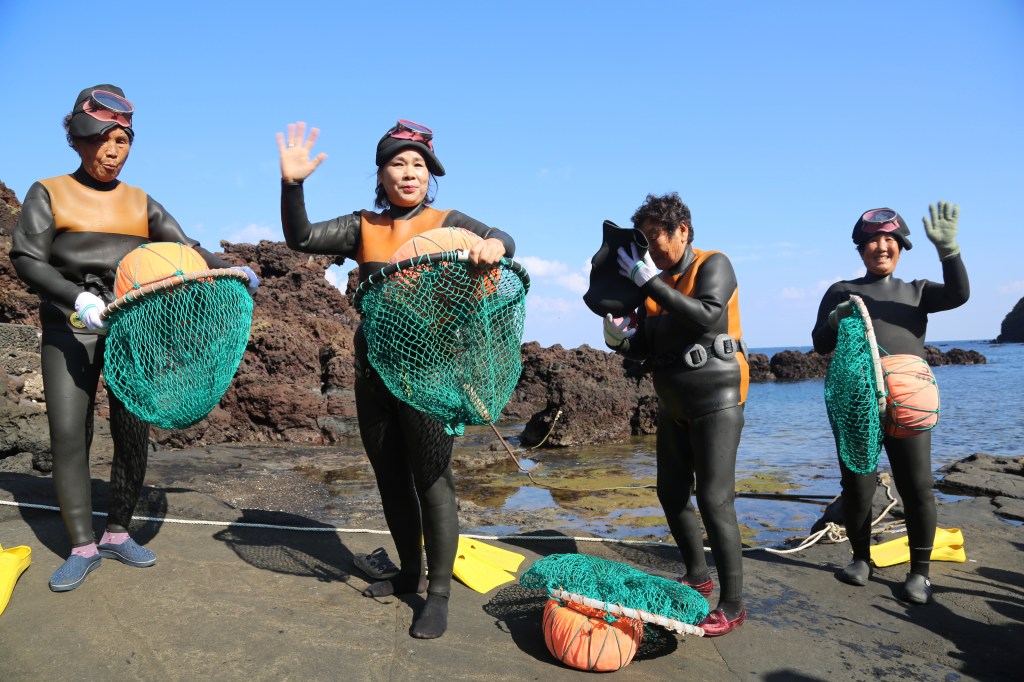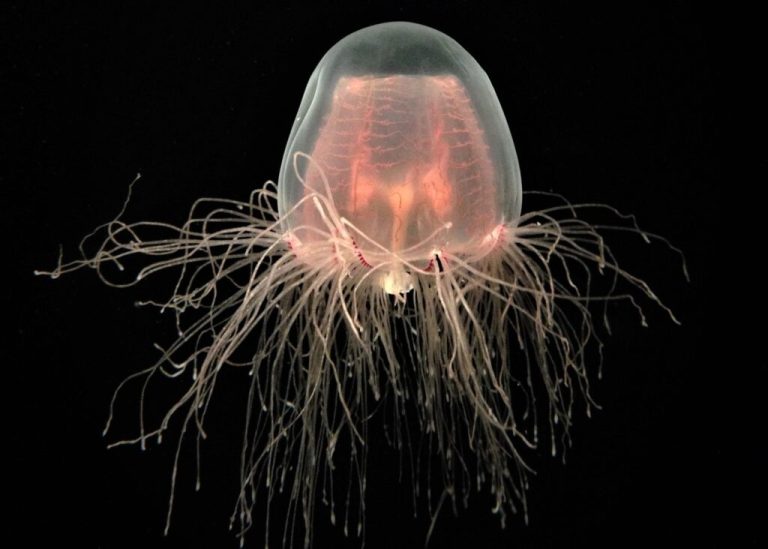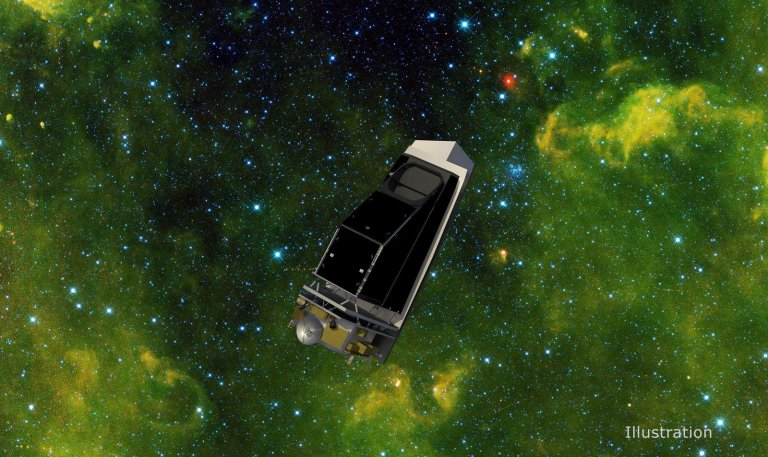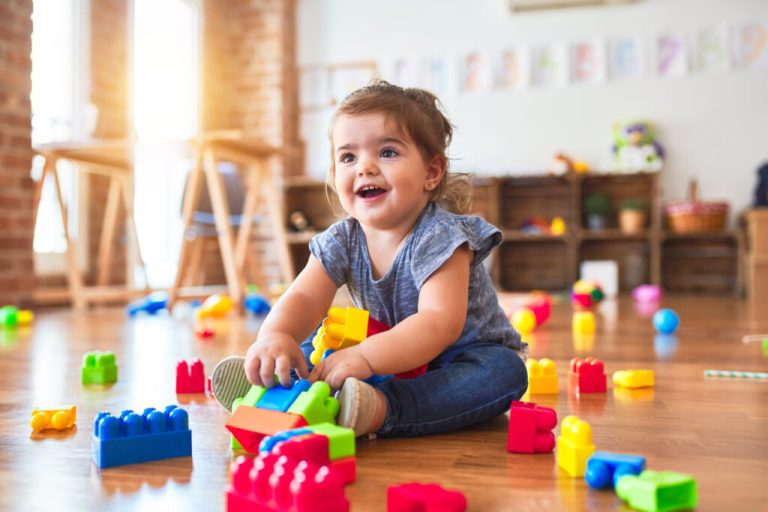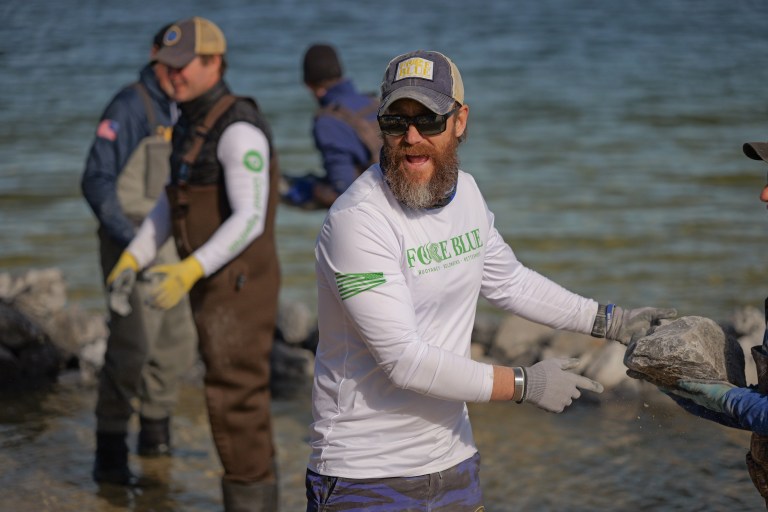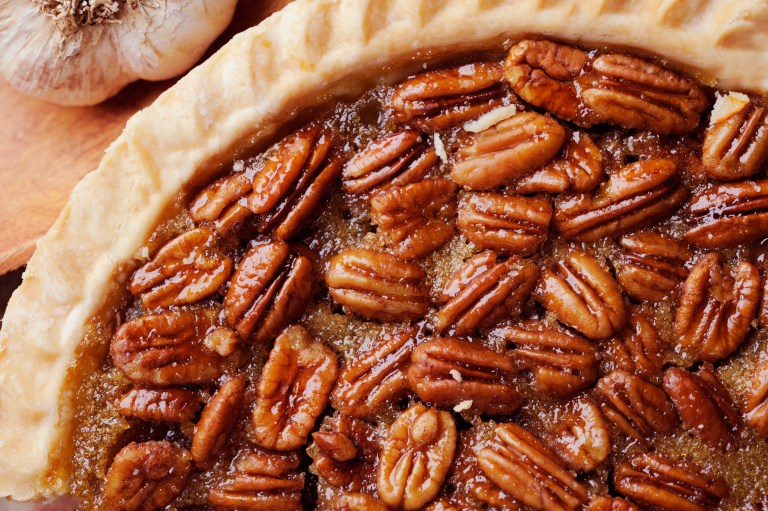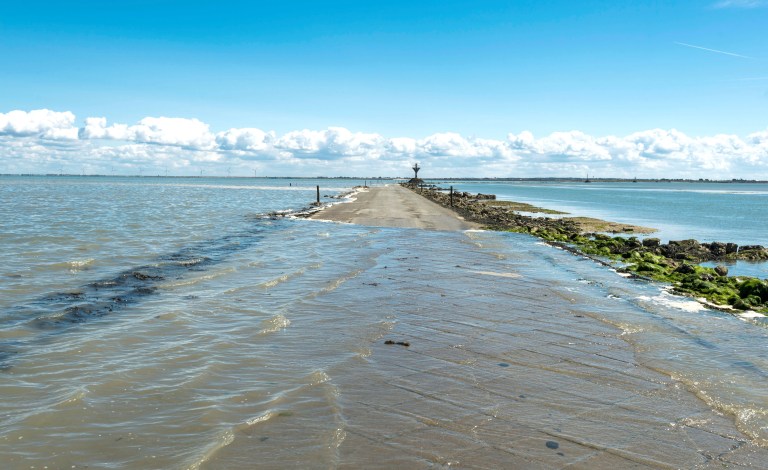About 50 miles off the coast of South Korea, a group of women — some of them in their 80s — start many days by free diving into frigid waters to collect conch, sea urchin, abalone, octopus, and other ocean dwellers for their communities to eat. Jeju Island’s Haenyeo, or “women of the sea,” are remarkable, and according to a new study, their aquatic abilities are in their DNA.
Per Oceanographic Magazine, the tradition began in the 17th century, when the men who hadn’t been conscripted into the aArmy were taxed heavily on their incomes, while women earners were exempt. Today, the Haenyeo begin training at age 10 and continue diving their entire lives, even while pregnant. Intrigued by the women’s adeptness, researchers sought to determine whether their prowess is learned or innate.
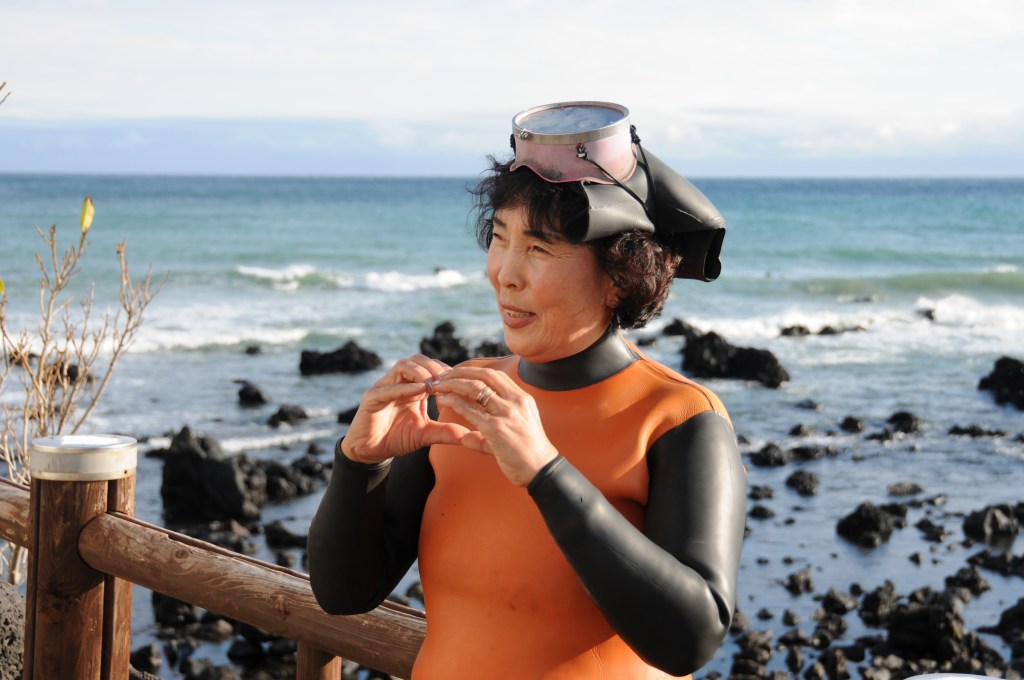
An international team of scientists conducted a genomic analysis of 30 Haenyeo, 30 non-Haenyeo women from Jeju, and 31 women from Seoul, with an average age of 65. They found that the island residents, divers and non-divers, were genetically distinct from the mainland group, with an increased prevalence of variants linked to cold tolerance and decreased blood pressure.
“The Haenyeo are amazing, and their incredible ability is written in their genes,” geneticist and study co-author Melissa Ilardo said in a news release. “The fact that women are diving through their pregnancy, which is a really tough thing to do, has actually influenced an entire island’s people.”
The team also needed physiological data from participants, but because, as Ilardo told NPR, “you can’t take 70-year-old women who have never been diving and throw them in the open ocean,” they opted to conduct simulated dives during which participants held their breaths while submerging their faces in cold water.
They found that while all subjects’ heart rates dropped during the tests, the divers dropped significantly more than both control groups — decreasing by 18.8 beats per minute compared to 12.6 beats per minute for the non-diving Jeju residents. Because the genetic analysis indicated that the diving and non-diving Jeju groups are members of the same population genetically, the team concluded that the divers’ drop is due to their training, rather than their DNA.
“Because the Haenyeo have been diving for a very long time, their heart rate has been trained to drop more,” Ilardo explained in the release. “This was something we could actually visually see — we had one diver whose heart rate dropped by over 40 beats per minute in less than 15 seconds.”
She added that her team’s findings showcase the potential in analyzing other traditional diving populations to further understand genetic and physiological adaptation.
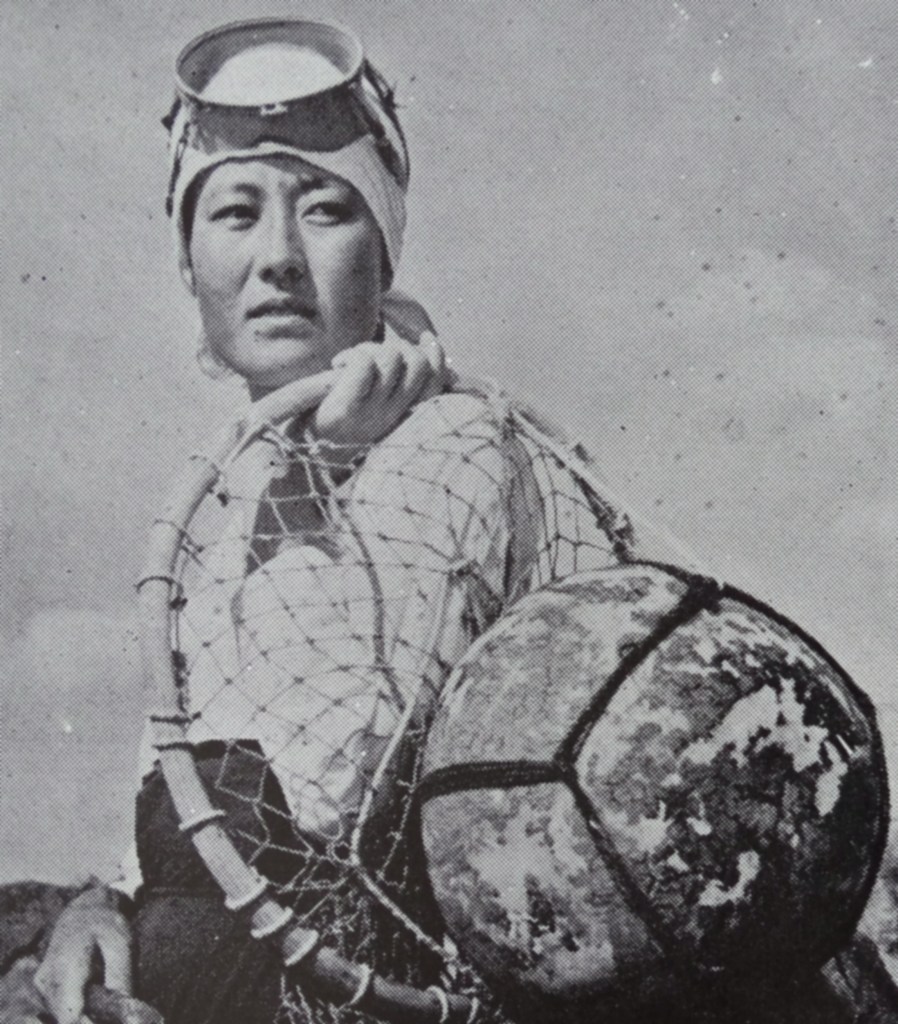
“We’re really excited to learn more about how these genetic changes may be affecting the health of the broader population of Jeju,” Ilardo said. “If we can more deeply characterize how those changes affect physiology, it could inspire the development of therapeutics to treat different conditions, such as hypertensive disorders of pregnancy and stroke.”
And while the DNA of the Haenyeo is inherited naturally, their knowledge is passed down intentionally: Each generation shares the secrets of the sea with the one that follows. In 2016, they were inscribed in the UNESCO Representative List of the Intangible Cultural Heritage of Humanity. The organization noted the culture “contributed to the advancement of women’s status in the community and promoted environmental sustainability with its eco-friendly methods and community involvement in management of fishing practices.”
RELATED: These “Old Ladies” Dive Into Massachusetts Ponds, Come Up Bearing Pounds of Garbage
